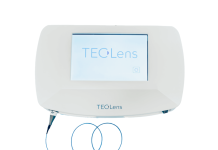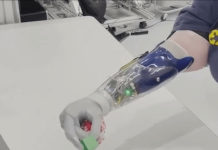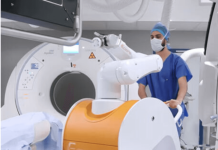AnX Robotica has received the US Food and Drug Administration (FDA) approval for expanded indications of its NaviCam Small Bowel (SB) video capsule endoscopy in both adults and children, aged two years and above.
Along with the NaviCam SB, the US regulator also approved the NaviCam Tether as an accessory for the NaviCam SB Capsule.
Related: Sensydia completes study for AI-driven Cardiac Assessment Platform
NaviCam Tether is specifically designed to support the visualisation of the oesophagus before the capsule’s release into the gastrointestinal tract.
It enhances the benefits of SB capsule endoscopy procedures in adults aged 22 years or above.
AnX Robotica marketing and product management vice president Stu Wildhorn said: “With FDA clearance, NaviCam Small Bowel Capsule Endoscopy represents a ground-breaking leap forward, now extending its revolutionary diagnostic capabilities to patients as young as two years old.
“Furthermore, clinicians gain the capability to visualize the oesophagus using the NaviCam Capsule/Tether before initiating a Small Bowel study.
“This pivotal milestone underscores AnX Robotica’s unwavering commitment towards advancing healthcare accessibility and precision for a broader spectrum of patients.”
Recently, AnX Robotica has also secured FDA approval for ProScan, an AI-assisted reading tool for Small Bowel Video Capsule Endoscopy (VCE).
NaviCam ProScan software supports healthcare professionals in making well-informed and effective decisions with the added benefit of AI-assisted readings.
It is the first AI-based tool that supports small bowel capsule endoscopy, designed for patients in whom the capsule endoscopy images were gathered for suspected small bowel bleeding.
Together with the recent FDA approvals and the launch of the NaviCam Magnetically Controlled Capsule Endoscopy (MCCE) System, AnX Robotica continues to expand the NaviCam platform.
In addition to the NaviCam SB and MCCE Systems, AnX also offers the NaviCam Colon System in Europe and IntraMarX 3D, radiopaque markers to assess colonic transit in patients in the US.




